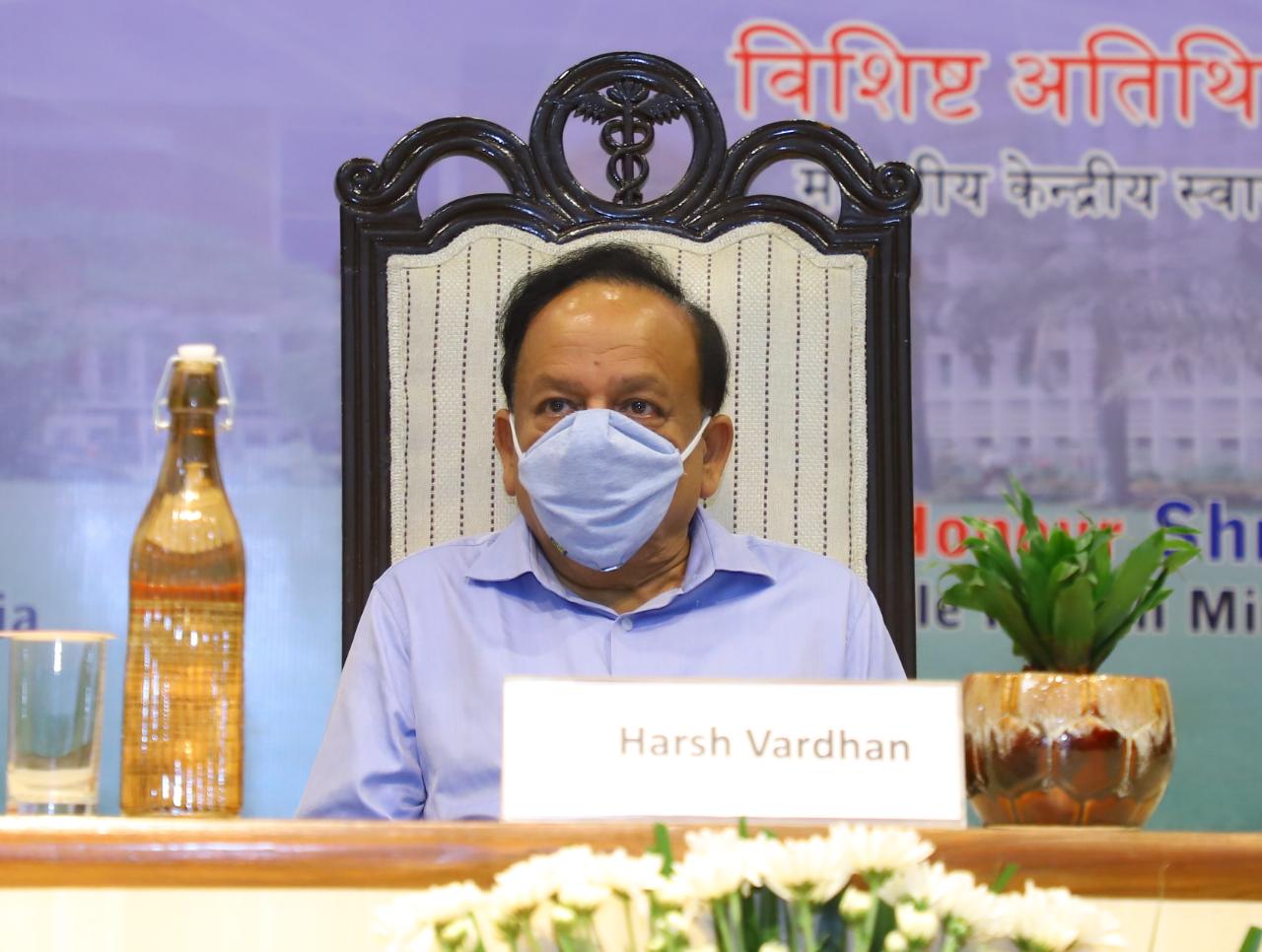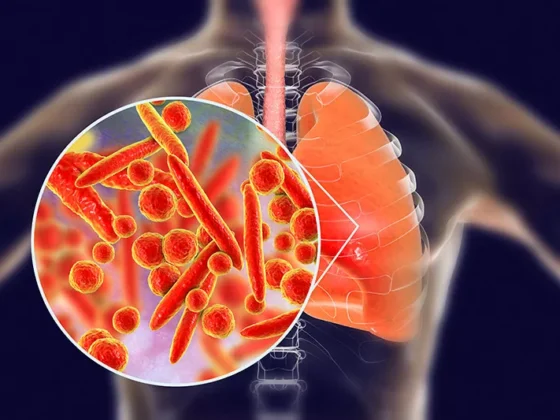These days’ people are seeking several ways and techniques to reduce and control their blood pressure. People who are leading a busy and stressful life are trying to figure out things which can help them keep their blood pressure in control.
Recently a team of researchers has discovered that mindfulness and paced breathing can reduce blood pressure.
High blood pressure is a major cause of premature morbidity and mortality rates worldwide. It has been a common reason for the increased risk of stroke and heart attacks.
The reports of the American Stroke Association (ASA) and the American Heart Association (AHA) show that more than 100 million Americans suffer high blood pressure.
Sustained reductions in blood pressure reduce the risk of heart attack and stroke. The changes in lifestyle, like salt reduction, weight loss, and adjunctive drug therapies help in treating and preventing high blood pressure.
Nowadays people are seeking several ways to reduce and control their blood pressure. Many people practice Mindfulness to reduce stress.
Mindfulness includes paced breathing defined as deep and diaphragmatic with slow rates typically about five to seven per minute compared with the usual rate of 12 to 14.
Does mindfulness with paced breathing actually reduce blood pressure? The researchers wanted to have more proof. To initiate that, trials have been started by the FAU’s Schmidt College of Medicine along with other co-authors.
YOU MAY LIKE TO READ: Should You Stop Practicing Mindfulness And Meditation?
The initial pilot trial would be considered after obtaining informed consent from willing and eligible subjects and assigning them at random to mindfulness either with or without paced breathing and would start examining whether there are sustained effects on lowering the blood pressure.
Charles H. Hennekens, M.D., Dr.PH, senior author, first Sir Richard Doll Professor and senior academic advisor in FAU’s Schmidt College of Medicine states, “This pilot randomized trial might lead to more further trials of intermediate markers such as inhibition of progression of carotid intimal thickening or coronary artery atherosclerosis, and subsequently, a large scale trial can be conducted to reduce stroke and heart attacks”
“Achieving sustained reductions in blood pressure of 4 to 5 millimeters of mercury decreases the risk of stroke by 42 per cent and heart attacks by about 17 per cent; so positive findings would have important clinical and policy implications,” added Hennekens.
“People all over the world are under increased stress, which may adversely affect their health and well-being. We know that mindfulness decreases stress and I am cautiously optimistic that mindfulness with paced breathing will produce a sustained lowering of blood pressure,” said Barbara Schmidt, co-author, teacher, researcher, philanthropist, bestselling author of “The Practice,” from FAU’s Schmidt College of Medicine.











